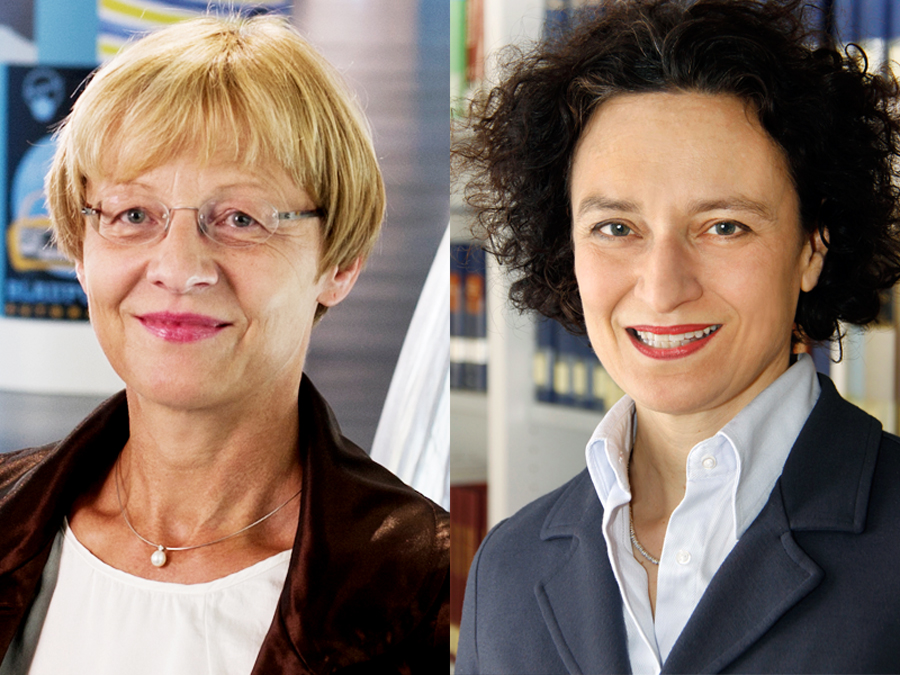New DFG research group investigates the subject of evidence
From knowledge to certainty

When the findings of scientific procedures are used to prove statements and ultimately to assist with decision-making processes, they attain the status of evidence. Because enormous quantities of knowledge are being produced in today’s society, we are constantly also discovering new things that we do not know. Hence, evidence plays an increasingly significant role as an accord on the validity of knowledge.
How evidence is generated and how it is handled — according to the research group’s assumptions — is influenced by three processes: the growing need for reliable prognoses, the increasing mechanization of the production of knowledge, and calls from non-experts to participate in the latter. An example of one of the new issues which arise from the third point can be seen in the case of digital patient platforms. Today, thanks to digital technology and apps such as CureTogether or PatientsLikeMe, patients can collect and upload data about their symptoms and the effects of therapy. But how reliable is this collected data for medical research and how do they influence the behavior of the users or new research projects?
Multifaceted Processes
For a technical university in particular, it is important to understand how research findings receive recognition and are utilized. “The objective is to analyze the diverse practices that establish the validity and certainty of knowledge,” says Karin Zachmann, who is Professor for the History of Technology at TUM and the spokesperson for the new group.
Professors Mariacarla Gadebusch Bondio, director of the Institute for History and Ethics of Medicine, and Karin Zachmann formed the research group ‘Practicing Evidence - Evidencing Practice in Science, Medicine, Technology, and Society (PEEP)’. “The multi-disciplinary approach was particularly important to us as the subject of evidence plays a role in all areas of science,” Mariacarla Gadebusch Bondio stated.
Apart from the professorships mentioned above, the Chair of Marketing and Consumer Research and the Munich Center for Technology in Society (MCTS) at TUM are also involved in this endeavor. Furthermore, scientists and scholars at the Deutsches Museum, the Rachel Carson Center for Environment and Society at the LMU, and the Chair for Communication Studies at the University of Augsburg are also part of the interdisciplinary research group. The DFG is providing the group with funding of around 1.8 million euros for six sub-projects for an initial three-year period. Two other projects (science studies, MCTS, TUM, and philosophy, JLU Gießen) are associated.
Contact:
Prof. Dr. rer. oec. habil. Karin Zachmann
Professur für Technikgeschichte
Technische Universität München
Tel.: +49 (89) 2179 406
E-Mail: karin.zachmann@tum.de